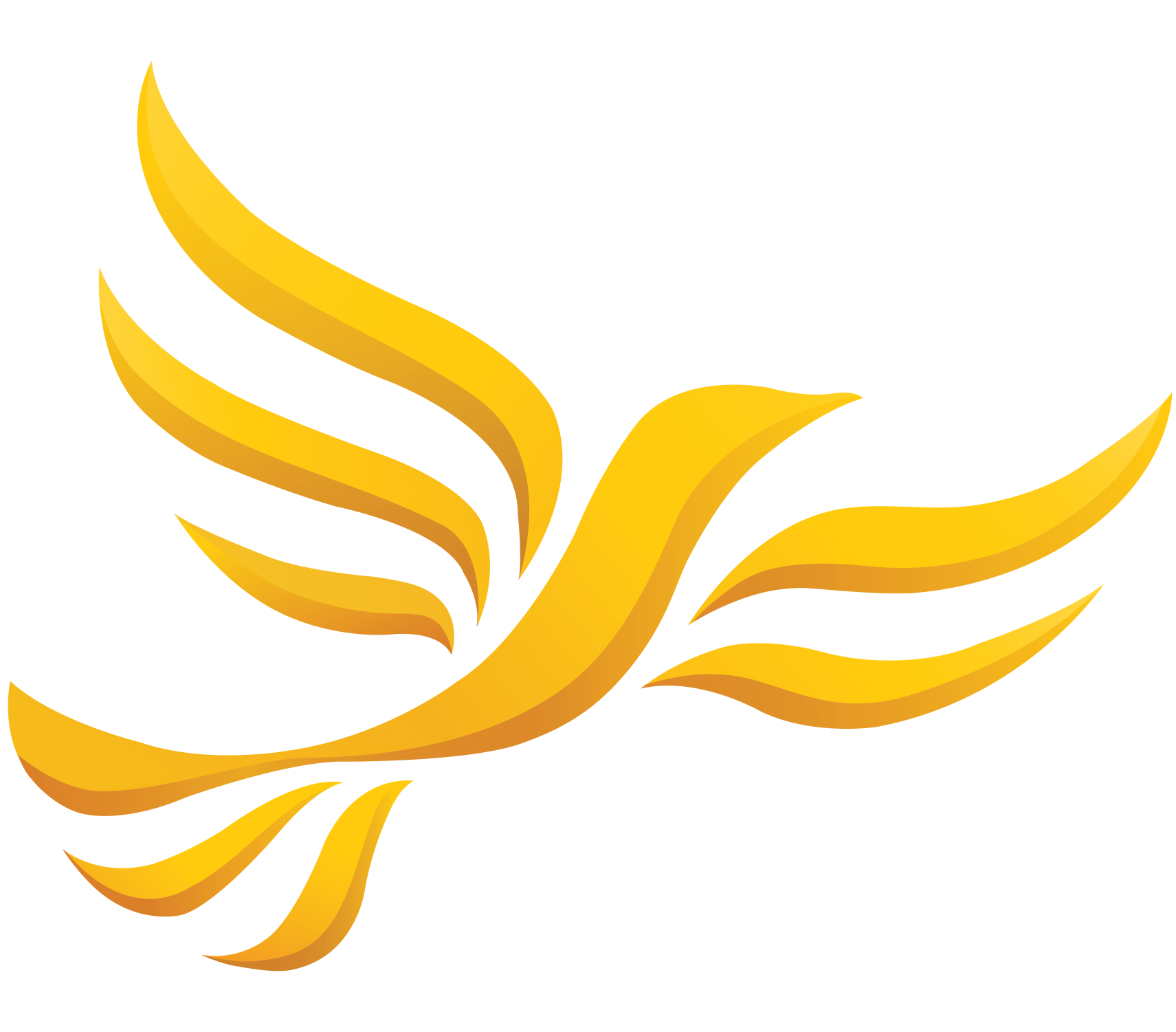Drug reform at forefront of Liberal Democrat manifesto
Plans to relax the law on drugs, increase facilities for victims and designing out crime are among the proposals in the Liberal Democrat manifesto, launched on Wednesday (April 14)
Plans to relax the law on drugs, increase facilities for victims and designing out crime are among the proposals in the Liberal Democrat manifesto, launched on Wednesday (April 14
Party leader Nick Clegg has reiterated the partys plans to decriminalise drug possession for personal use.
He proposes a scheme similar to that used in Portugal where those arrested for possession of drugs for personal use are diverted into treatment, education or civil penalties. US-style drug courts will also be introduced.
However, the party will support severe penalties for the manufacture, importation or dealing of illegal drugs and is also looking to clamp down on new psychoactive substances.
It also pledged to legislate to make the Advisory Council on the Misuse of Drugs independent in setting the classification of drugs, and would put the Department of Health, rather than the Home Office, in charge of drug policy.
The manifesto includes proposals to provide a national network and national sources of funding for rape crisis centres and domestic violence refuges.
Plans for to create a national helpline for victims of domestic and sexual violence and to ensure the whole criminal justice system updates its practice in line with the Director of Public Prosecutions guidance on sexual consent, were also mentioned.
Also included were promises to improve the services victims receive, such as a Victims Bill of Rights, changing sentencing guidelines to increase the length of sentences available for hate crimes and creating a single point of contact for victims to get early access to information and support.
Victims will also be given a right to review progress police have made to investigate crimes committed against them, including cases where the police have declined to investigate.
The Liberal Democrats want to design out opportunities for crime by improving the design of new technologies and community resilience. They have pledged to strengthen the What Works centre within the College of Policing and say they will ensure HM Inspectorate of Constabulary scrutinises the use of evidence by forces when designing their policing plans.
Mr Clegg also announced plans to extend the use of crime maps to include crimes committed on commercial premises and to explore the feasibility of mandatory reporting of fraud losses by individual credit and debit card providers.
As with Labour and the Green Party, the Lib Dems say they will scrap police and crime commissioners and replace them with police boards made up of councillors from across the force area.
The party will also encourage police forces and other emergency services to collaborate at all levels to deliver efficiency savings and will examine the case for transferring responsibility for serious national crime to the National Crime Agency, which it says will allow forces to focus more on local crime and anti-social behaviour.
Also included in the manifesto are proposals to:
Implement the Modern Slavery Strategy to reduce people trafficking and support victims;
Prevent crime by cutting reoffending;
Reform prisons so they become places of work, rehabilitation and learning;
End female genital mutilation at home and abroad within a generation;
Significantly reduce the prison population by using effective alternative punishments and correcting offending behaviour;
Devolve youth custody budgets to local authorities;
Give Youth Justice Boards the power to commission mental health services;
Create a Womens Justice Board, modelled on the Youth Justice Board, to improve rehabilitation of female offenders;
Provide experts in courts and police stations to identify where mental health or a drug problem is behind an offenders behaviour;
Work with religious and community leaders, civil society groups and social media sites to counter the narratives put forward by extremists; and
Ensure efforts to tackle terrorism do not stigmatise or alienate Muslims or any other ethnic or faith group.


